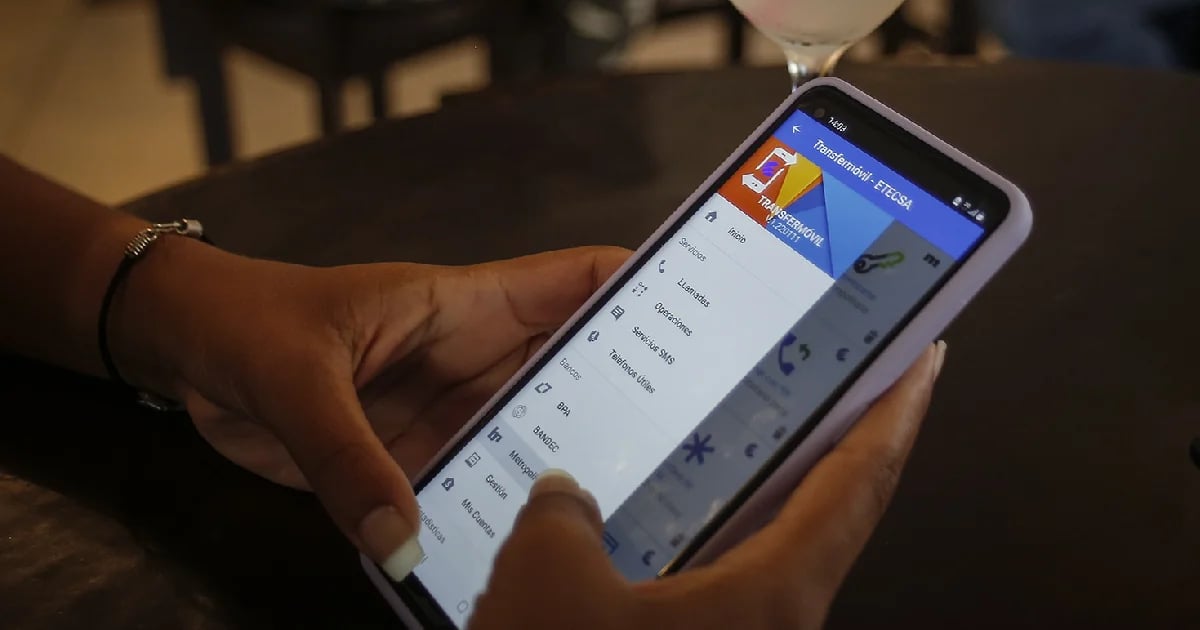The Popular Savings Bank (BPA) in Villa Clara issued an urgent warning to its customers on Tuesday about a scammer pretending to be a technician for state-run online payment services such as Transfermóvil and Enzona.
The bank emphasized, "Remember, neither the administrators of @TransfermovilSoporte nor those from Enzona will ever directly message you, and we certainly won't ask for personal information such as passwords, codes, or any type of transfers. Anyone doing so is a fraudster," as stated on their official Facebook page.
This warning is accompanied by a profile picture of the alleged scammer on Telegram. On this platform, the fraudster frequently deletes their user account after being reported and creates new accounts to continue deceiving people. The scammer's associated ID is 7456052476.
In recent years, online fraud in buying and selling has been on the rise in Cuba, driven by the growth of e-commerce and the need for foreign currency in the black market. Scammers often request bank details or impersonate confirmation messages to trick victims.
In June 2024, official media advised Cubans against sharing personal information or making transfers through unverified links, as numerous cases of fraud involving fake MLC transfers and messages from private numbers have been reported.
Etecsa has also warned about these practices and recommends always checking recent transactions on Transfermóvil before confirming any transaction. Exercising caution is crucial to prevent fraud.
Preventing Online Fraud in Cuba
How can I protect myself from online payment scams in Cuba?
To protect yourself from online payment scams, ensure you never share personal information such as passwords or bank details with anyone who contacts you directly. Always verify the authenticity of messages and avoid clicking on unverified links.
What should I do if I suspect someone is a scammer?
If you suspect someone is trying to scam you, report them immediately to the relevant authorities and the platform where the interaction occurred. Avoid further communication with the suspect.
Why are online scams increasing in Cuba?
The rise in online scams in Cuba is largely due to the expanding e-commerce sector and the demand for foreign currency in the black market. These factors create opportunities for fraudsters to exploit unsuspecting individuals.
